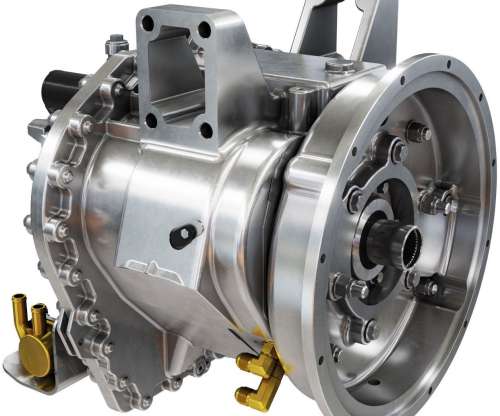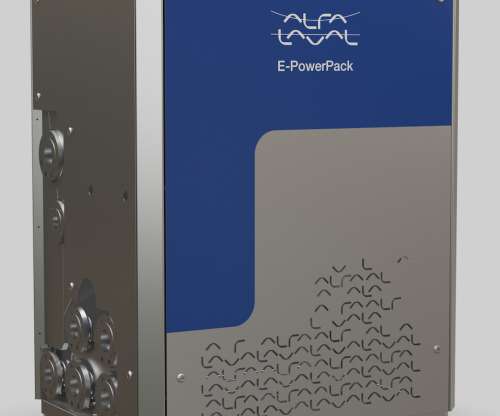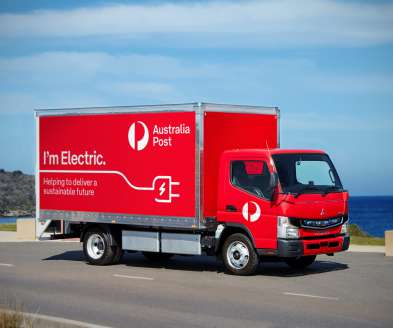Chalmers study finds ship exhaust gas scrubbers responsible for up to 9% of certain hazardous emissions into Baltic Sea
Green Car Congress
OCTOBER 24, 2022
New research from Chalmers University of Technology, Sweden, finds that the discharge water from ships’ exhaust gas treatment systems—i.e., A scrubber is used on ships to clean exhaust gases, primarily to reduce emissions of sulfur oxides to the atmosphere.









































Let's personalize your content